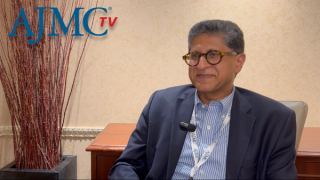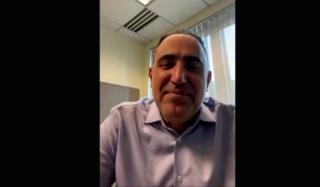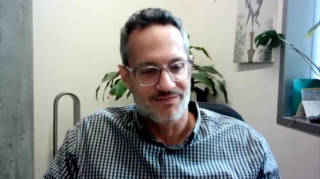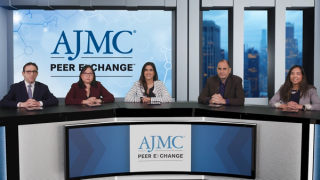
Acute Lymphoblastic Leukemia/Acute Myeloid Leukemia
Latest News
Latest Videos

CME Content
More News
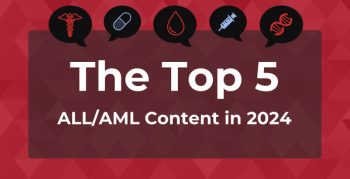
New treatments and adverse events impacting patient quality of life were among the topics of interest in 2024.

The meta-analysis found indications that autologous stem cell transplantation (ASCT) is associated with higher rates of disease-free survival and relapse-free survival, as well as lower rates of relapse compared with chemotherapy after patients achieved their first complete response (CR).

Phase 2 data show about half of patients with high-risk or secondary acute myeloid leukemia achieved a complete response or complete response with incomplete hematologic recovery after one or two cycles of induction therapy with CPX-351.

With ponatinib (Iclusig) receiving an accelerated approval from the FDA earlier this year for the treatment of Philadelphia chromosome-positive acute lymphoblastic leukemia (Ph+ ALL), updated guidelines could be on the horizon.
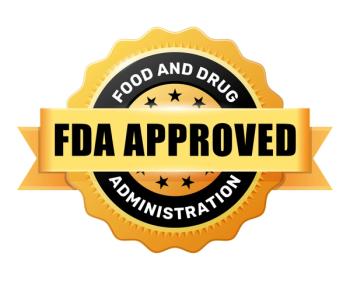
The FDA approval marks the first oral solution indicated for patients with different forms of leukemia.

Long-term survival rates for patients with leukemia after hematopoietic cell transplantation (HCT) are encouraging but personalized transplant strategies remain important to improve outcomes.
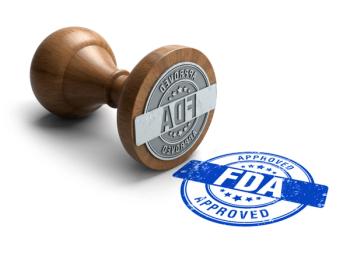
Revumenib has been approved for relapsed or refractory acute leukemia with KMT2A translocation in patients aged 1 year and older.

Findings of a recent study indicate that NUP98 rearrangements can significantly impact outcomes in patients with acute myeloid leukemia (AML).
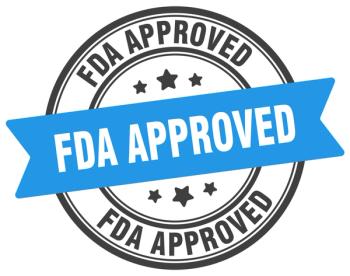
The chimeric antigen receptor T-cell therapy obecabtagene autoleucel received approval to treat patients with relapsed or refractory (R/R) B-cell acute lymphoblastic leukemia.
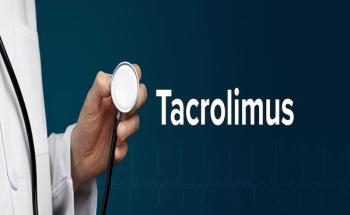
Posttransplantation treatment with either tacrolimus or cyclosporine A results in favorable outcomes, but tacrolimus may be better at preventing severe graft-versus-host disease (GVHD), according to new study findings.

Three proteins—THRAP3, STMN1, and GNA13—are overrepresented in blood cancers like acute myeloid leukemia (AML) and could prove to be novel targets for future therapies.

When resistance to or failure of hypomethylating agents (HMAs) occurs in acute myeloid leukemia (AML), depleting a ligase called TOPORS may help.
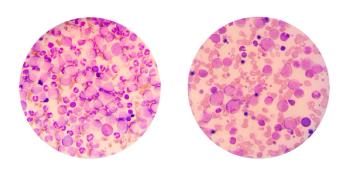
The case study, which showed prolonged disease control achieved with gilteritinib in a previously-treated patient with AML with an inv(2)(p23q13) translocation, indicates that gilteritinib can also be used as an anaplastic lymphoma kinase (ALK) inhibitor.

The study showed that having pre-existing leukopenia and more favorable performance status was associated with a higher risk of rash.

Investigators say adding RNA interference (RNAi) therapy to current treatment modalities may improve outcomes in patients with acute myeloid leukemia (AML) with internal tandem duplication in the fms-like tyrosine kinase 3 (FLT3) gene.

Researchers investigate the expression of PARP1 in leukemias with BCR::ABL1 p190+ translocation, finding differential expression in ALL, AML, and CML but no significant correlation with clinical parameters.

A new study aims to investigate the feasibility and impact of multidisciplinary prehabilitation in adults with acute myeloid leukemia (AML) or myelodysplastic syndrome (MDS) offered an allogenic hematopoietic stem cell transplantation.
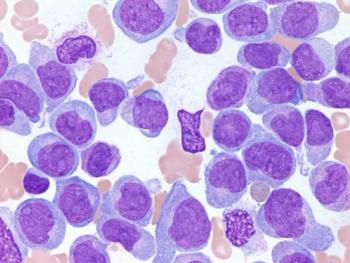
Coverage from the Institute for Value-Based Medicine session at Ohio State University. This article will appear in the October issue of Evidence-Based Oncology.

The researchers suggest certain refinements to the 2022 European LeukemiaNet classification model for patients aged 60 years or older receiving lower intensity treatment (LIT), including the adoption of a mutation score that accounts for certain gene mutations.

Donor lymphocyte infusion, both alone and in combination with azacitidine, restored CD34 levels in two-thirds of patients with a baseline CD34 donor chimerism of less than 80%.
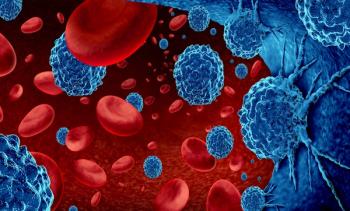
Researchers have discovered 2 leukemia stem cell subtypes with distinct epigenetic and transcriptional signatures.

By analyzing the surface proteome of a wide-ranging sample of acute myeloid leukemia (AML) specimens, researchers identified potential antigens and primitive cell markers representative of AML supgroups.
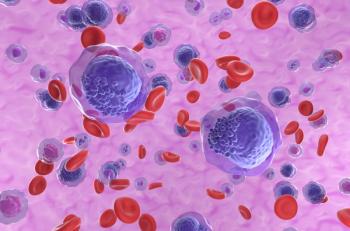
Recent years have brought a more targeted approach to treating acute myeloid leukemia (AML) based on accumulating knowledge about the genetic makeup of the heterogenous disease.

Maria Amaya, MD, PhD, University of Colorado School of Medicine, explores discrepancies between real-world data and clinical trial outcomes, as well as her experience ensuring the reliability of real-world analysis.
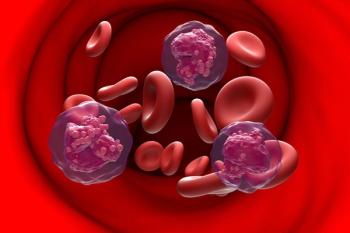
A case report suggests vigilance is required even when cancers like acute lymphoblastic leukemia appear to go into remission without explanation.




